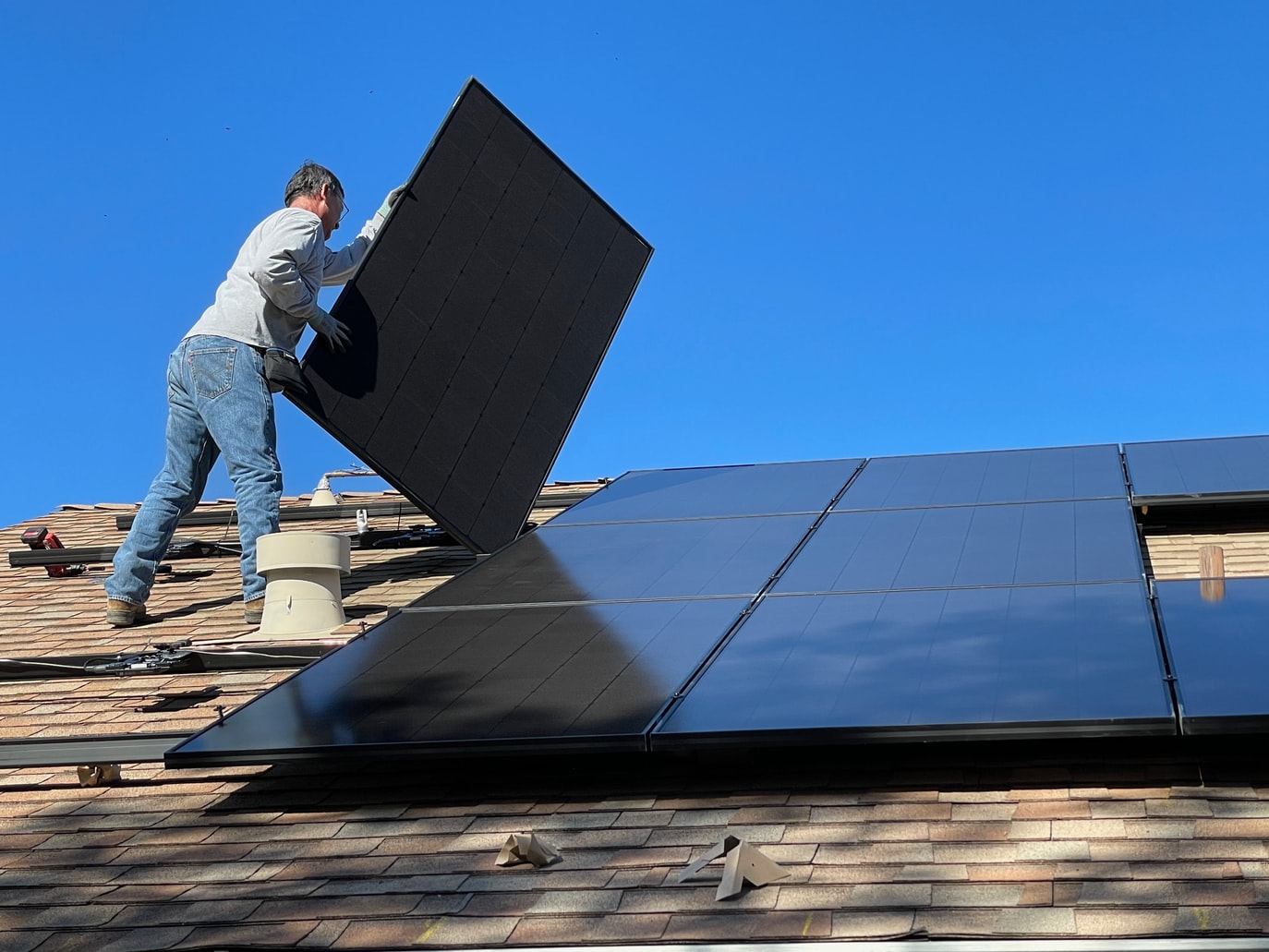The solar panel efficiency has tremendously increased over the past few years. The cost of solar panels has reduced by over 80% in the past eight years. It makes the panels a lucrative investment. Companies will promise many things as you plan to buy a solar panel. They will talk about savings, efficiency, and long-term advantages. Many people don’t know the factors that affect solar panel output. As you go through the solar panels Ireland cost, understand these factors.
Weather changes
Many people think high temperatures lead to high solar panel efficiency. It’s a false myth. Exposure to heat can degrade solar cells for daily production. The high temperatures will lead to a drop in voltage and overall power.
Solar cells will perform well in the cold rather than hot climates. They perform well when exposed to 25 degrees centigrade. Any extra increase in temperature decays the solar panels by 0.25% for amorphous cells. For the crystalline cells, it decays by 0.4%.
Shading
Shading has the same meaning as clogs in running water pipes. Clogging restricts water flow in the pipe and shading restrict sunlight on the panels. Shades on solar panel parts make the current in the entire string reduce.
The panel cells are mostly connected in series. Any shade on the cells will affect the current flow of the entire solar panel system. In an actual life situation, you can’t avoid shades. It’s thus essential to consider shading while planning the installation.
Panels connected in series will affect the output if partial shading is on a single panel. It’s advisable to avoid wiring the panels in series.
Roof orientation
If you live in the northern hemisphere, position your panels to face the south direction. It’s because the sun is always along the southern part of the sky. When you position the panels in this direction, they will capture the most sunlight.
You should tilt the solar systems at an angle between 30 and 40 degrees. It will ensure that sunlight hits the panels at a perpendicular angle to produce more energy.
The angles also help snow slide off the solar panels quickly during winter.
You should adjust the inclination angle of the solar panels depending on the season. Adjust also depending on the longitude, latitude, and sunshine hours.
Cleanliness of the solar panel surfaces
Solar panel cleanliness is directly proportional to the photoelectric power conversion. Pollution, snow, dust, rainfall, and sandstorms are factors that reduce solar panel efficiency. You need to clean the solar panels frequently to maintain their output.
In several places, pollution is more in the winter, and thus the springtime is the best to do the cleaning. You need to clean the solar panels once or twice a year.
Location
Not all people live in the same region with plenty of annual sunshine. It’s a tough job to design a cost-effective solar array for use at home. Several factors affect the insulation. They include the local weather, your home or company latitude, and the time of the year, among others.
You will experience different climate changes in diverse locations depending on the season. The solar panel production numbers will vary depending on the season and location.
Conclusion
Environmental factors affect the efficiency of even the best solar panels. If you don’t address these indicators in time, your solar panel efficiency will reduce. The main aim of buying a solar panel is to save money on your utility bills. You need to address all these factors discussed here to realize this aim.

